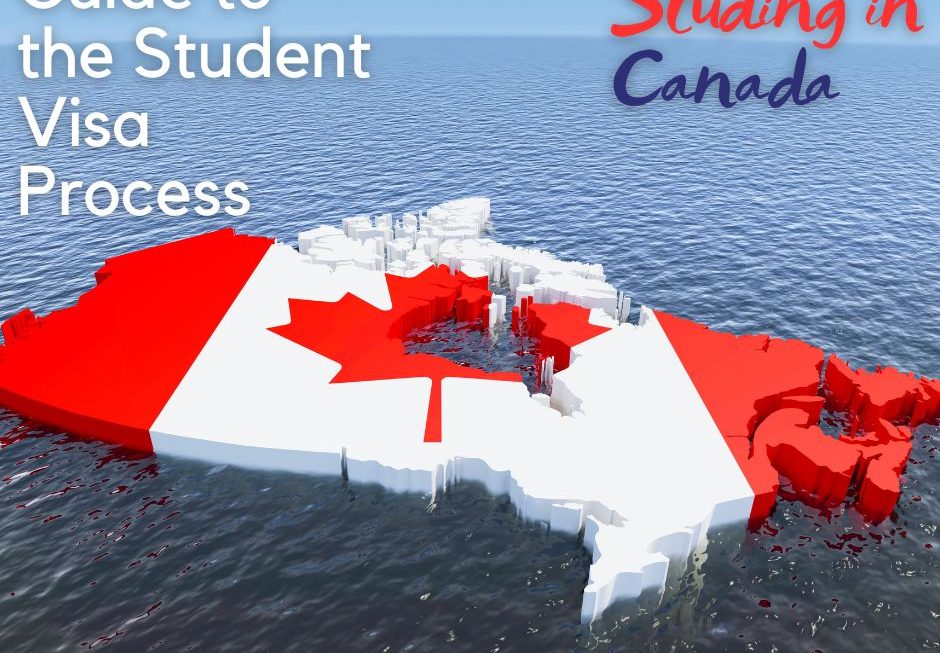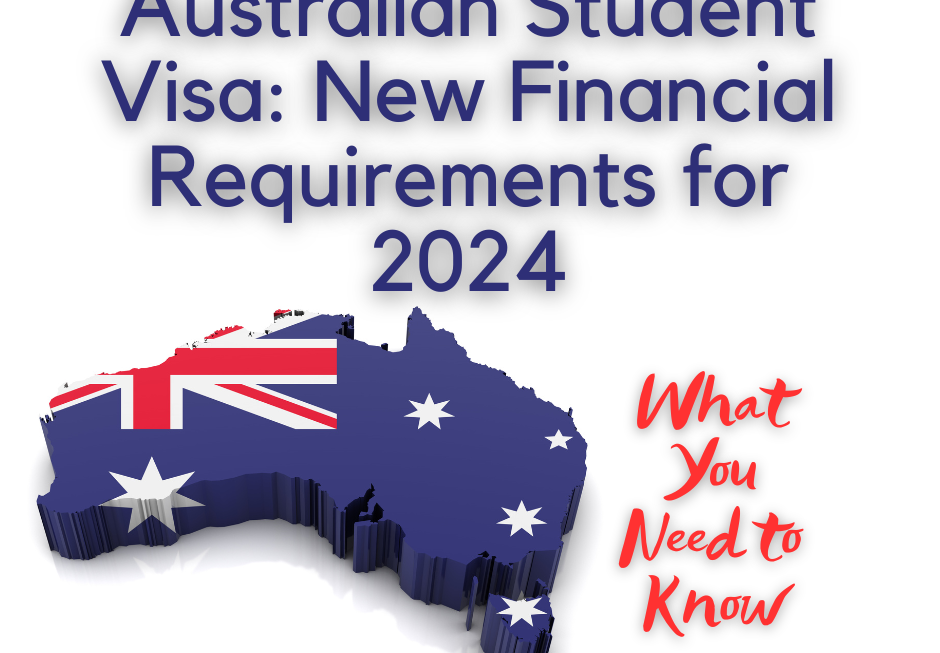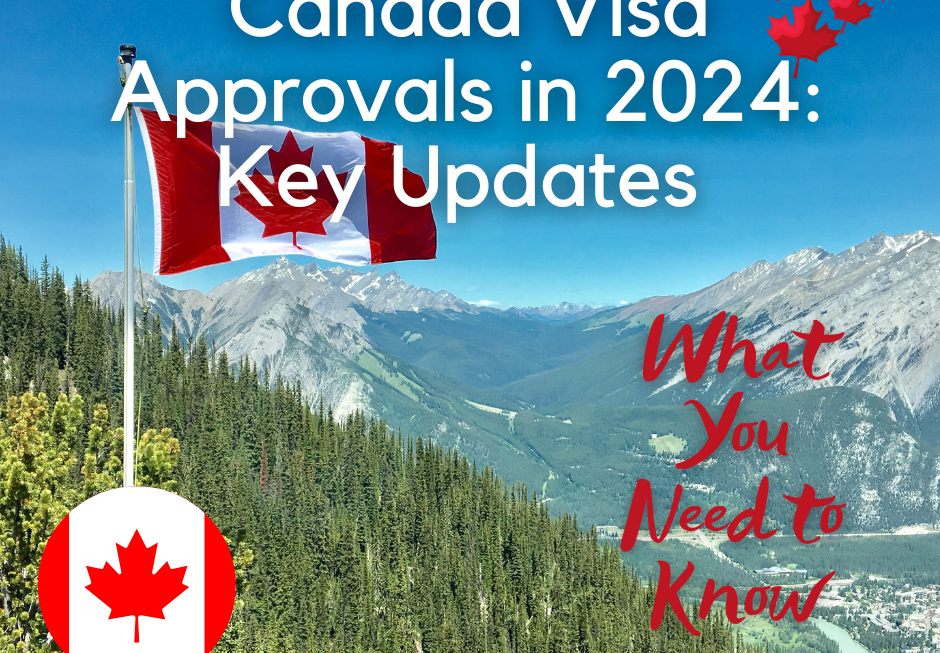Canada has become a top destination for international students due to its high-quality education system, multicultural society, and stunning natural landscapes. For those planning to pursue studies in Canada, securing a study permit, commonly known as the student visa, is a key step in the journey. This article outlines what you need to know about the Canadian student visa process in 2025.
What Is a Study Permit?
A study permit is an official document issued by the Canadian government that allows foreign nationals to study at Designated Learning Institutions (DLIs) across the country. It is not a travel visa; depending on your country of citizenship, you may also need a visitor visa or an electronic travel authorization (eTA) to enter Canada.
Who Needs a Study Permit?
Most international students require a study permit if their programme of study lasts more than six months. You must apply before arriving in Canada, although there are some exceptions for those already inside the country.
Key Requirements
To be eligible for a study permit, applicants must:
- Have an acceptance letter from a Designated Learning Institution.
- Obtain a Provincial or Territorial Attestation Letter (PAL/TAL), depending on the location of the school.
- Prove they have enough financial resources to pay tuition, living expenses, and return travel.
- Be in good health and, if needed, complete a medical exam.
- Provide a clear criminal record, which may involve submitting a police certificate.
- Convince immigration officials that they will leave Canada when their permit expires.
Application Process
The application for a Canadian study permit is typically completed online through the Immigration, Refugees and Citizenship Canada (IRCC) website. Here’s a step-by-step overview:
- Collect necessary documents, including the acceptance letter, PAL/TAL, passport, financial proof, and identification.
- Create an online account and fill out the application form.
- Pay the fee, which is currently CAD $150.
- Submit biometrics (photo and fingerprints), if required.
- Wait for a decision from the IRCC and respond to any additional requests for information.
Processing times vary based on the applicant’s country of residence and time of year.
Financial Requirements
To qualify for a study permit, you must show you can support yourself and any accompanying family members. This includes:
- Tuition fees
- Living expenses (roughly CAD $10,000–$15,000 per year per person, depending on the province)
- Return travel costs
Funds can be shown via bank statements, proof of income, scholarships, or a letter of financial support.
Recent Changes in 2025
Due to increasing pressure on housing and social services, Canada has capped the number of new study permits issued nationwide. As of 2025, most new applicants must include a provincial or Territorial Attestation Letter with their application. This policy aims to better align student intake with regional capacity and planning.
After Arrival: Rights and Responsibilities
Once in Canada, your study permit allows you to:
- Study full-time at the institution listed on your permit.
- Work part-time on or off-campus (usually up to 20 hours per week during the school term, full-time during scheduled breaks).
- Apply for an extension if needed, or a Post-Graduation Work Permit (PGWP) after finishing your program.
You must maintain good academic standing and follow the conditions of your permit to remain in compliance with immigration rules.
Final Thoughts
Securing a Canadian study permit is an essential part of beginning your academic journey in Canada. By understanding the process and preparing your application carefully, you can increase your chances of success and look forward to an enriching experience in one of the world’s most welcoming countries.
For the most up-to-date information, always refer to the official Government of Canada website: www.canada.ca




